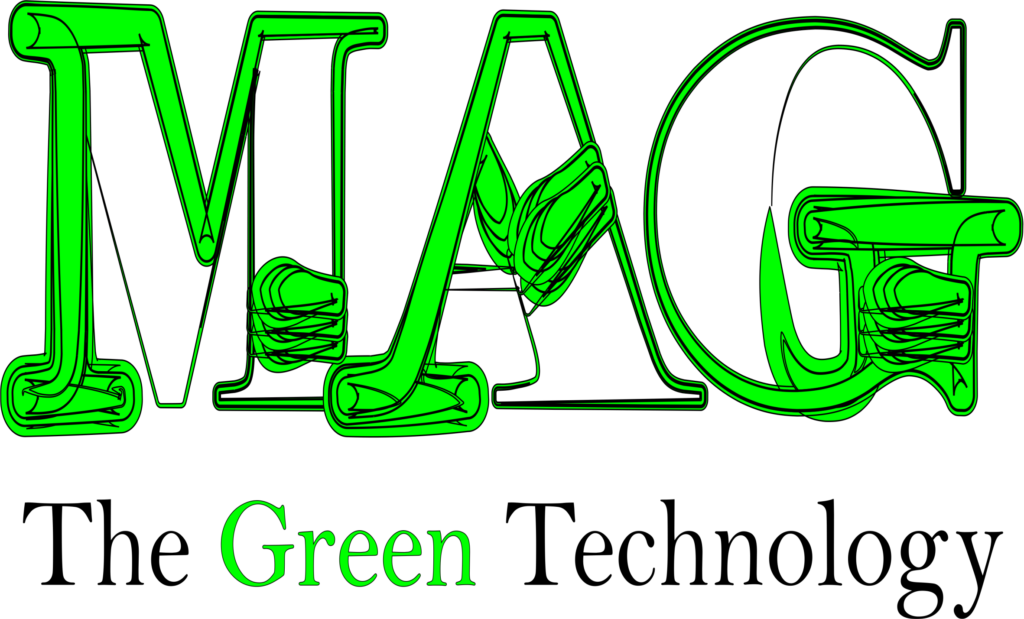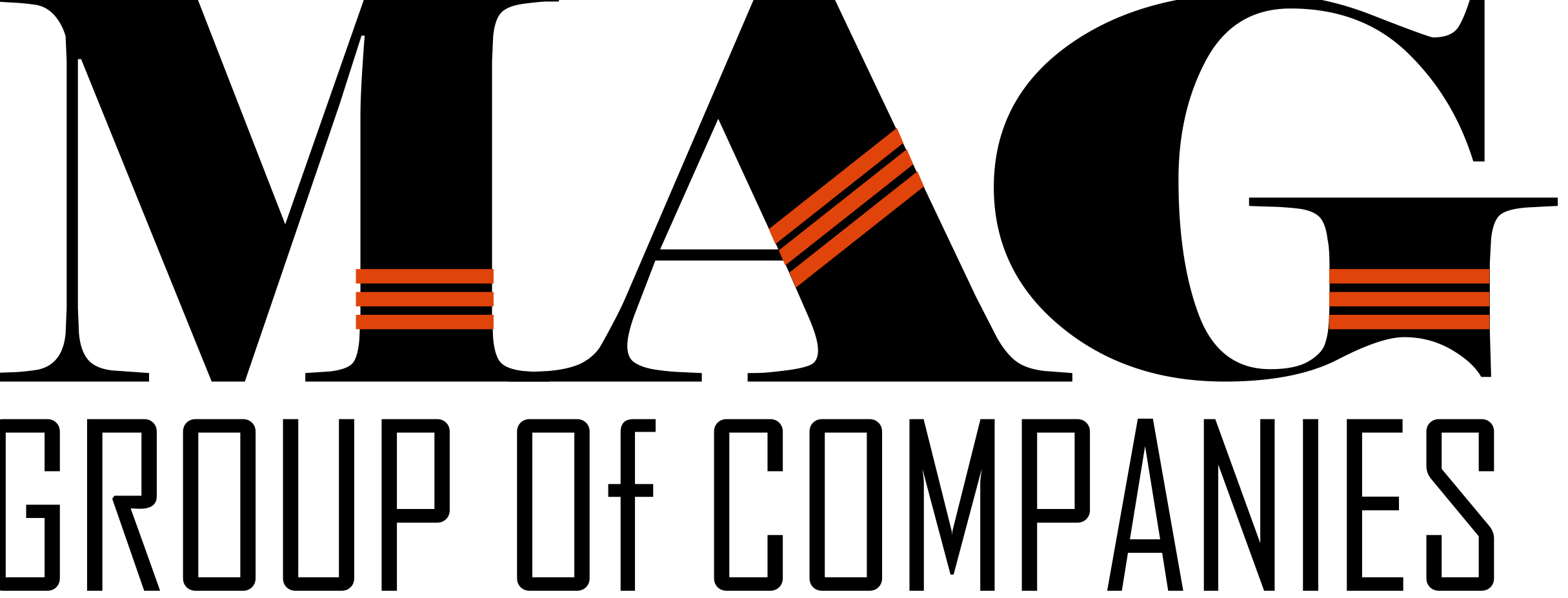

Municipal Solid Waste Management Project
A Project designed to support society and to encourage waste management. Our detailed research brought us to the conclusion that no individual or society supports in investing for Garbage Management. That is why we offer the Machine FREE of cost under certain terms and conditions by ‘MAG Group of Companies India’. The Machine is Patent of ‘DROSS MANAGEMENT SYSTEMS AND ENERGY SOLUTIONS PVT.LTD’
Details of the Project
What is MSW?
Municipal Solid Waste (MSW), commonly known as trash or garbage in the United States and as a refuse or rubbish in Britain, is a waste type consisting of everyday items that are discarded by the public. “Garbage” can also refer specifically to food waste, as in a garbage disposal; the two are sometimes collected separately.
Nature Of Problem
• The world generates more than 2 billion tons of municipal solid waste (MSW) annually, and this amount is expected to increase to 3.5 billion tons by 2050.
• The average person produces 0.74 kilograms of waste per day, but this can range from 0.11 to 4.54 kilograms. High-income countries, which only make up 16% of the world’s population, produce around 34% of the world’s waste. •Developing Countries and countries with higher standard of living produce more waste. •Traditional Methods (dumping and burning) are no longer accepted. • Urban areas are running out of places to put garbage. • Energy is the driving force for development in all countries of the world. The increasing clamor for energy and satisfying it with a combination of conventional and renewable resources is a big challenge. • Need for innovative and environmentally friendly initiatives for producing Power.MSW in India
The current annual generation of municipal solid waste in India is estimated to be around 2 lakh tones which will rise rapidly with population growth, urbanization and improving living standards of people to around 8 lakh tons by 2030. India at present is the world’s fifth biggest energy consumer and is predicted to surpass Japan and Russia to take the third place by 2030.
Waste Management System in India includes the following elements:
• Waste generation and storage. • Segregation, reuse, and cycling at the household level. • Primary waste collection and transport to a transfer station or community bin. • Street sweeping and cleaning of public places. • Management of the transfer station or community bin. • Secondary collection and transport to the waste disposal site. • Waste disposal in landfills. • There are 4000 urban local bodies (approx.) in India.Problems Associated with Municipal Solid Waste
• Rapidly increasing areas to be served and quantity of waste.
• Inadequate resources
• Inappropriate technology
• Disproportionately high cost of manpower
• Societal and management apathy
• Low efficiency of the system
• The growth of waste in India is skyrocketing because of growing urban populations and rising production of waste per capita and the heat content of waste is constantly rising.
• India is short of land and thus available landfill is rapidly running out.
• India has significant energy shortage.
• Increasing pressure on India to reduce GHG/CO2 emissions and to deliver environmental protection projects.
Change in Times:
The Time has changed now. It is the duty of the ULBs to take care of MSW generated from the point of generation to disposal due to the increased concerns of environment across the globe. However, Government of India framed MSW policy and rules in 2000 itself but neither the states were serious nor the ULBs were empowered to implement this. Now the movement has come after the new initiatives of the government of India with increased stake of new CSS where it has become mandatory for the ULBs to reach the Service level benchmarks. With the new set of MSW rules revised after a decade and a half there is a rise of a concept- MSW management.
Salient Features of MSW Rules, 2016
1. The sources segregation of waste has been mandated to channelize the waste to wealth by recovery, reuse and recycle.
2. Responsibilities of generators have been introduced to segregate waste into to three
streams, Wet, dry and domestic hazardous wastes and handover
segregated wastes to authorized rag-pickers or waste collectors or local bodies.
3. Generator will have to pay “User Fee” to waste collector and for “Spot Fine” for littering and non-segregation.
4. The concept of partnership in Swachh Bharat has been introduced. Bulk and institutional generators, market associations, event organizers and hotels and restaurants have been made directly responsible for segregation and sorting the waste and manage in partnership with local bodies.
The Solution
The Machine create by ‘DROSS MANAGEMENT SYSTEMS AND ENERGY SOLUTIONS PVT.LTD’ requires minimum or no segregation of Garbage. It is a patented technology.
ADVANTAGES
i. No Capital Investment The machine in installed free of cost* by MAG Group of Companies India.
ii. Low-running cost The Customer has to bear the cost of electricity used by the machine only. *
iii. Small footprint No large, dedicated land required. Can be installed within premises or in a small plot of car parking size, in hospital. No emissions or bad smells at all. Exceptionally no maintenance and easy operation.
iv. Eco-friendly No emissions at all. Uses proprietary process in which emissions are trapped. in water. The process works on the principle of reduction with absolutely no burning in presence of oxygen hence, no smoke and emissions.
v. Minimal labor needed. Smart, fully automated machine. Can be operated by a single person.
vi. Processed waste commands commercial value and can be sold as ‘solid’ fuel. The processed waste has a calorific value and is safe and nonhazardous. Can be sold as fuel to brick kilns and for boiler operations.
vii. The process: It is based on Induced Catalytic Pyrolysis (patented technology) followed by reduction and fractional distillation in which environmental norms are carefully adhere to.
TECHNOLOGY IMPLEMENTATION
• MILITARY ESTABLISHMENT
• AIRPORTS
• MALLS
• HOUSING SOCIETIES
• HOTELS
• TEMPLES
• BANQUET HALL
• HOSPITALS
• COLLEGES
• SCHOOLS
• MARKET YARDS
• RESIDENTIAL COMPLEXES
• INDUSTRIES
• CIVIC YARDS
KEY FEATURES
• THE PROCESS IS BASED ON INDUCED CATALYTIC PYROLYSIS (PATENTED TECHNOLOGY)
• ALL KIND OF WASTE CAN BE TREATED
• NO LANDFILL
• MIN. SEGREGATION REQUIRED
• BOTH WET & DRY WASTE IS ACCEPTED BY THE PROCESS
• END PRODUCT IS RDF, GREEN COAL, COMPOST WHICH ARE ECONOMICALLY VIABLE
• NO BURNING, SMOKE, POLLUTION & RADIATION FREE PROCESS
• PLUG-N-PLAY TECHNOLOGY, NO MAJOR CIVIL WORK REQUIRED
• ONE STOP SOLUTION FOR ZERO WASTE, LANDFILL FREE ENVIRONMENT
Basic Terms and Conditions:
1. The Customer doesn’t have to pay anything upfront.
2. For certain places we charge a nominal amount per month.
3. Any advantage or benefits generated through it shall be of the Company MAG Group of Companies India.
4. RDF produced by the machine will be the property of MAG Group of Companies India.
5. The Machine installed will be the property of MAG Group of Companies India as well.
6. In case the customer wants to partner with us in the project the terms and conditions will be shared in a separate contract.
